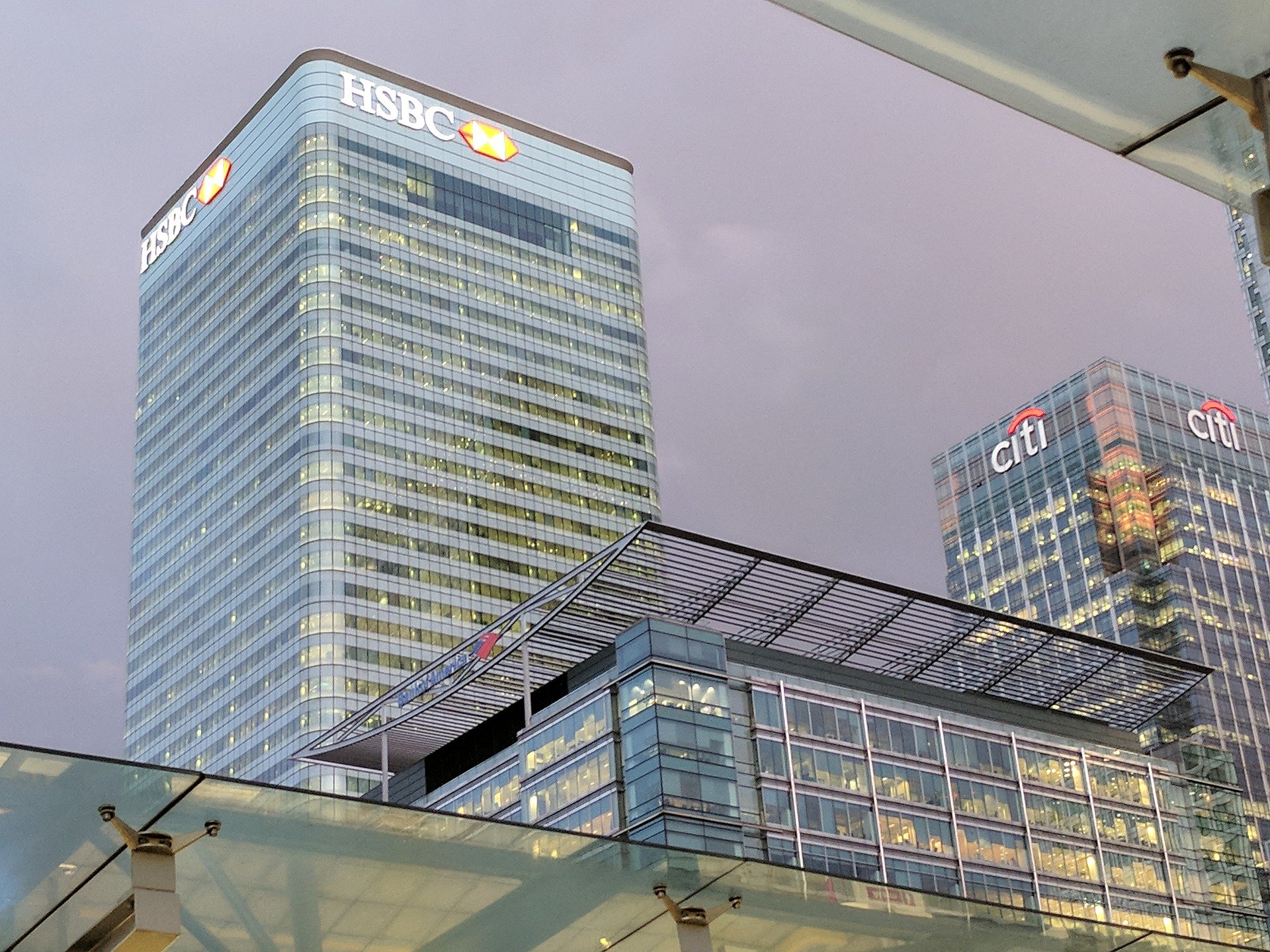HSBC’s overall gender pay gap at 47.8%

In the third year of UK organizations with more than 250 employees publishing an overview of their gender pay gap, the findings show that the gap has risen to 23.1%, from 22.2% two years ago. The Office for National Statistics (ONS) estimates that the gap is 17.3% across all employees and sectors.
According to HSBC, the main driver for the almost identical pay gap compared to the year before was the fact that there were fewer women in high paid senior leadership roles and more women working in junior positions. The pay gap was averaged out across its eight divisions and 40,000 strong workforce. In its supporting statement, the bank said that: “It will take time to redress the imbalance and the results of our work today may not fully be realised until today's pipeline of new joiners becomes tomorrow's business leaders.”
IZA World of Labor author Boris Hirsch has researched the pronounced and persistent wage differences between men and women in all parts of the world. In his article, he notes that: “Numerous studies from around the world have documented large wage gaps between genders that remain unexplained, even after accounting for different worker and workplace characteristics. It is common practice to attribute these unexplained gaps to discrimination in the labor market, although they may also, to some extent, mirror productivity differences stemming from unobserved worker and workplace characteristics.”
According to statistics, the average gender pay gap for bonuses is 37.7% and firms such as Aberdeen Asset Manager, Barclays' commercial arm, NatWest, and Standard Life Investments were paying bonuses that were over 50% higher for men, on average.
Dame Helena Morrissey, one of the City's most high profile women, and founder of the Diversity Project, believes that some companies have “woolly or non-existent” plans to improve the gender pay gap. “Personally I feel it is very hard to engineer the closing of the gap, because even if you attract women in, if they are not happy in the industry they will leave,” she commented.
On the other hand, Ann Cairns, executive vice-chair of MasterCard and global co-chair of the 30% Club, believes that whilst corporate culture can’t be changed overnight, some companies are starting to take their pay gaps seriously. “It's more transparent out there at the moment and it affects whether people want to work for you—it affects your perception in the market, and investors are starting to pay a lot more attention to it,” she commented.
Read Boris Hirsch’s article Gender wage discrimination.